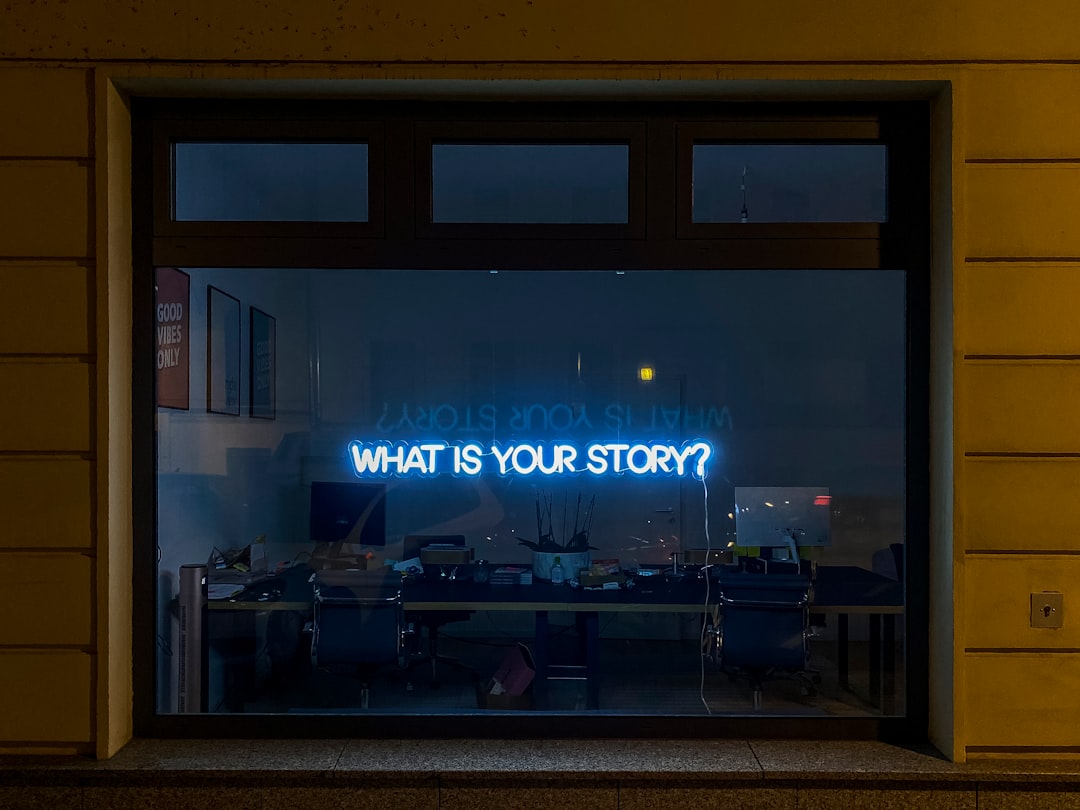My Agent Told Me To Burn My First Novel — And Propelled My Writing Career
Success is built on necessary losses

Hi Everyone,
The extraordinary events of this past week, which began with President Biden’s painful decision to step aside, have given us all a lesson in what the late great Judith Viorst called “necessary losses.” No one can avoid these losses, and the notion that anyone can is pure illusion. Time, biology, nature, and fate all have a different plan.
Viorst makes it clear that some losses are essential for our own growth, for us to reach our full potential. Often, losses that we view as tragedies in the moment wind up securing our fortune or reputation or, as seems likely now for Joe Biden, jubilant legacy:
I would like to propose in this book that the people we are and the lives that we lead are determined, for better and worse, by our loss experiences.”
― Judith Viorst, Necessary Losses
The same general principle applies to your writing career. Loss is an absolutely vital requirement for gaining insight, expertise, authority, and stamina as a serious writer. This isn’t easy to accept, especially if you’re inclined toward perfectionism. But my early losses as a writer generated certain lessons that I’ve come to cherish, not only because they’ve made my work stronger but also because they’ve helped me through the inevitable doldrums, rejections, and blocks that litter every writer’s life. Once you accept the necessity of loss, you acquire a liberating cushion of zen.
With all that in mind, I thought I’d share the story of my first necessary losses as an author. They once seemed poised to tank my career, but instead they taught me how — and how not to — survive as a writer.
“Burn this manuscript!”
The fact that I had a literary agent at 25 was something of a fluke. I’d never taken a single class in writing, and knew nothing about the publishing industry. I’d modeled my first book, a memoir titled Solitaire, on a novel by Francine Du Plessix Gray that I thought was a true story. Solitaire sold mostly because of lucky timing: this was the first anorexia memoir ever published; both the story and the publishing deal more or less wrote themselves.
Unfortunately, once the memoir sold, I thought I knew how to write a “book.” So why not a novel? One obvious answer that never occurred to me (I was a young 25): I had no idea how fiction works. Instead of studying my craft, I “worked on my novel” for about a year, during which my agent treated me as a rising young star because of the “promise” shown in my memoir.
When I had enough pages to call a first draft, I gave the manuscript to my agent, though it was his associate who had the unhappy chore of reading it. And she was the one who delivered the verdict.
I will never forget the humiliation of standing in the doorway of their West Village NYC office, without any preliminaries or even sitting down, as my agent’s second-in-command handed the manuscript back to me with the curt advice that I never, ever, show these pages to another soul. Better yet, I should burn them. She was evidently very annoyed that I’d wasted her time by submitting them.
Lesson 1: Be honest with yourself
Did I ask why? I can’t remember, but I doubt I had the courage or the need to actually voice the question. I knew the manuscript was garbage.
This went beyond just a typical “shitty first draft.” I had no idea what a story was. I certainly had no plot. I’d described a bunch of places, added a bunch of names, and moved them like paper dolls around the page. As a “climax,” one of these paper dolls attempted or actually committed suicide. I can’t remember which, but it doesn’t matter. I’d given her no stakes, shown no reason for her to off herself. No reader in their right mind would care enough to read that far.
I was such a novice, so lost, and so full of hubris that I didn’t even revise these pages before I submitted them! [Now, I should say here that all this happened when I was still composing on a typewriter, so revisions required more manual effort than they do today, but that’s really no excuse at all.] If I’d been remotely honest with myself, not to mention adult and professional, I wouldn’t have let this so-called novel out of my apartment until it had gone through three or four full revisions.
Lesson 2: Don’t give up
On the other hand, my naiveté and hubris served me well in one respect. It would have been easy to give up. My life was in flux. I’d quit my job as a flight attendant, and I wasn’t keen to go back to waitressing. My bank account was draining fast. But it never occurred to me to stop writing. I viewed this as a setback, not a prohibition.
For some unknown reason (and perhaps against his associate’s advice), my literary agent didn’t drop me. Instead, he recommended that I concentrate on writing nonfiction. I came up with a proposal for a book based on research and interviews. And he sold it.
But I still didn’t know what I was doing. For another year, I did the research, produced a nonfiction manuscript. This time, it was the editor who axed it.
Keep reading with a 7-day free trial
Subscribe to Aimee Liu's MFA Lore to keep reading this post and get 7 days of free access to the full post archives.





